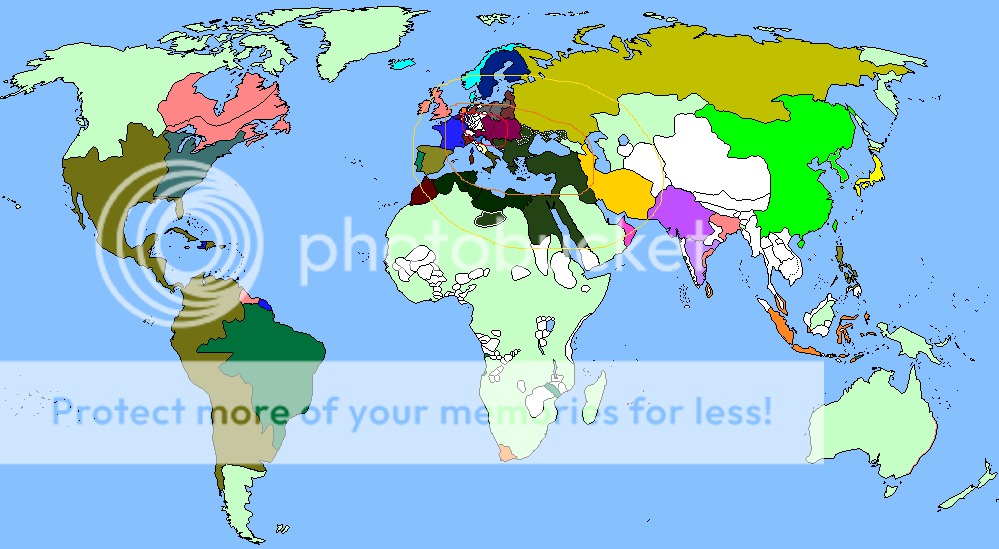In 1793-4 the Laki fissure eruption in Iceland produced a volcanic disaster second in modern times only to the Tambora eruption of 1815. Tambora produced the Year Without a Summer, and Laki produced a similar summer.
If we take a geological POD, and transfer both the Tambora and Krakatoa eruptions to the 1790s, coinciding with the Dalton Minimum, and to a location to maximize damage to Europe, would it work? (Maybe the Laacher See caldera?)
Would it be possible for this event to wreak regional havoc enough to "wreck" Europe in the late 17th C. without completely killing off humanity? (I'm leaving the definition of "wreck" open to allow maximum leeway in answers.)
Doh! title should be 18th, NOT 17th C. (>.<)
If we take a geological POD, and transfer both the Tambora and Krakatoa eruptions to the 1790s, coinciding with the Dalton Minimum, and to a location to maximize damage to Europe, would it work? (Maybe the Laacher See caldera?)
Would it be possible for this event to wreak regional havoc enough to "wreck" Europe in the late 17th C. without completely killing off humanity? (I'm leaving the definition of "wreck" open to allow maximum leeway in answers.)
Doh! title should be 18th, NOT 17th C. (>.<)
Last edited:
